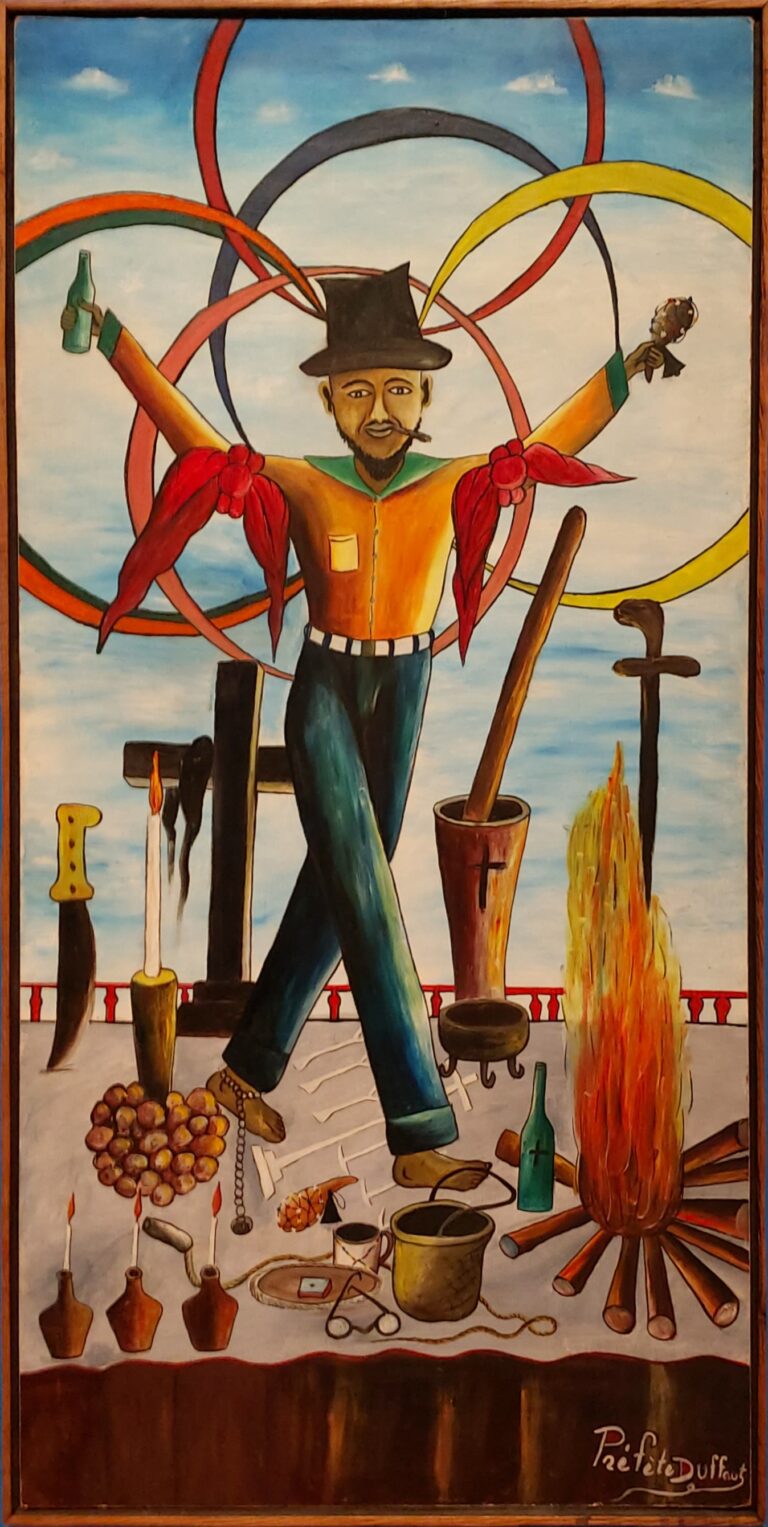The Broadcasting Commission’s directive is right!

The Broadcasting Commission’s directive on 11 October restricting the broadcasting of scamming and ‘Molly’ songs, among others, is correct. My only issue is that it has been issued far later than it should have been. For those who need a reminder – or have not even looked at the original publication from the Broadcasting Commission – here is a part: “There shall be no transmission through radio or television or cable services (including music charts), of any audio or video recording, live song or speech which promotes and/or glorifies scamming, illegal use or abuse of drugs (e.g. ‘Molly’), illegal or harmful use of guns or other offensive weapons, “jungle justice” or any other form of illegal or criminal activity”. It states, further, “this includes live editing and original edits (e.g. edits by producer/label) and the use of near-sounding words as substitutes for offensive lyrics, expletives or profanities”.
And I say, “great”. Of course, there will be the stock-in-trade, prepackaged reactions about, “low the music”, “is not the music cause the crime”, “I am a artiste, not a role model for your children”, “I am only reflecting reality”. I note, though, that there has been less of that from certain quarters which were adamant about the daggering songs directive from the Broadcasting Commission on 6 February 2009. This indicates to me that the situation is very serious, because it is no longer a matter of simulated sexual violence, but the very real thing.
The ban will not stop one gun from coming into the country or stop someone using a strap that is already here in a drive-by shooting. It will not prevent one scammer from making a call to a potential lotto winner in the USA, who has never bought a ticket so does not have a ghost of a chance. It will not deter one ‘Molly’ user from getting and using their supply. No person or group of persons deciding to take law and order into their own bloody hands will think twice about the Broadcasting Commission’s ban when they are scoping out the next person who ‘violate the order’ for some permanent disciplining.
But it sends the clear and necessary message that this content is not acceptable on channels supported by the public. And if that acceptance was not an objective, if the radio and television stations did not matter, there would be no quibbles about the ban. It simply would not matter. The persons who are insistent on inflicting that content on radio listeners and television viewers (free-to-air and cable) would simply shrug and continue with their internet-based platforms. However, the legitimacy is important to them and that is what this Broadcasting Commission directive denies them. In addition, I believe there is the desire to deny the public a choice, because no matter how many views a YouTube channel has, there is no guarantee of a broad-based audience (or authenticity of the number of views). With radio and television, it is a matter of accept, change the channel or turn off the receiver. In any case, there will be an effect and, even if it is negative, there is this deep-seated drive to affect others. The Broadcasting Commission’s directive thwarts this intention.
There is another factor behind the Broadcasting Commission’s directive, which is subtly stated in the fourth and last point of the current directive. It says: “Licencees are reminded that in determining suitability for broadcast, they must consider the overall theme/message of the content and not only specific and individual words”.
On the surface, this is about curating content, reminding radio and television stations about their gatekeeping role. Underlying that, though, is the matter of payola. For not only is the content problematic, but many times the delivery and production is downright awful. Payola was around long before I got into reporting on Jamaican popular music and remained even as the number of outlets multiplied during my time doing the day-to-day (and night-to-night) reporting. I am convinced that many of the disc jocks and defenders of supposed free expression in Jamaican music are really defending payola. Allow someone to do the wrong thing (although the Broadcasting Commission did try with payola fines) for a while and they will think it is their right and get very upset when it is infringed upon. Many of those media persons were publicly upset about Broadcasting Commission mandates are really taking money to play rubbish.
And then there are the performers who say that they are not role models. Look at the schools their children attend. Look at where they live after making some money, in some places where the only drive-by is by the ice-cream van. Look at how they integrate their children into a lifestyle insulated from the scamming, guns ad ‘Molly’. And, if you pay attention long enough, look how they repent, keep the money and become totally different persons, while many of those whom they influenced did not get a chance to live a better, changed life.
It is so cruel.
Mel Cooke covered Jamaican entertainment as a print journalist for almost two decades, overlapping with his MPhil research on dancehall and experiential marketing with the Institute of Caribbean Studies, UWI, Mona, where he is now working on a PhD while lecturing in the Bachelor of Arts, Communication Arts and Technology (BACAT) programme at the University of Technology, Jamaica (UTech, Ja.).






